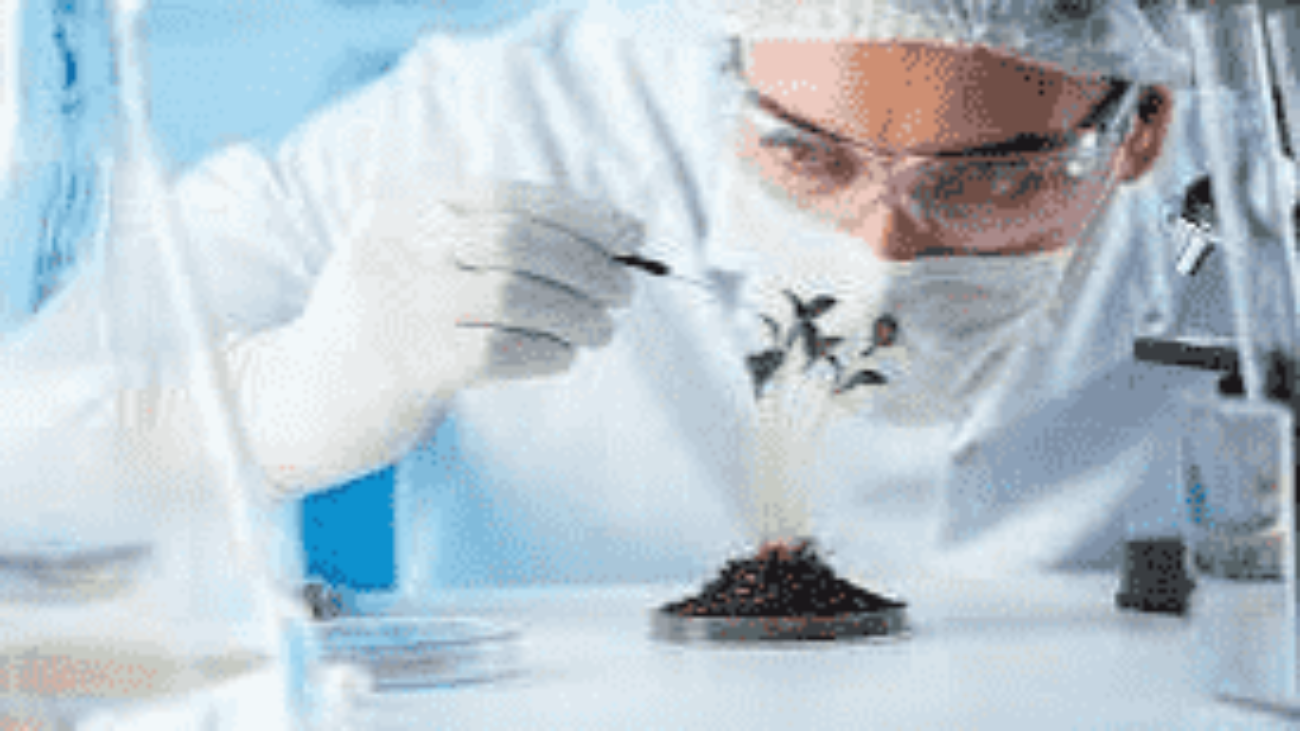
Biotechnology is the application of biological processes, organisms, or systems to create products or services. It involves using living organisms to develop new technologies that can improve our lives in various ways. Because of its wide applications, biotechnology is a rapidly growing field that is changing how we live, work, and interact with the world around us. From developing new medicines to creating more sustainable agricultural practices, biotechnology has the potential to impact our society and the environment significantly.
Biotechnology has many benefits for society and the environment. It can help us to create new medicines, improve agricultural practices, and develop sustainable technologies. Also, it can help us find new ways to address global challenges and improve our quality of life by using living organisms to create products and services. However, with great power comes great responsibility, whether it’s developing new vaccines or creating more eco-friendly products. Biotechnology also has ethical implications that need to be carefully considered. One of the ethical implications of biotechnology is the potential for genetic discrimination. As we learn more about our DNA and how it affects our health, there is a risk that employers and insurance companies may use this information to discriminate against individuals who are deemed to be at higher risk for certain diseases. Another ethical concern is the use of biotechnology in enhancing human performance. While this may seem like a positive development, it raises questions about fairness and equality. If only a select few can afford to enhance their abilities, it could widen the gap between the haves and have-nots.
Biotechnology has the potential to improve the quality of life for living beings. Through the development of new medicines and vaccines, biotechnology can help us combat diseases and improve overall health. Additionally, biotechnology can help us create more sustainable agricultural practices, which can help improve food security and reduce environmental damage. By using living organisms to develop products and services, biotechnology can help us find innovative solutions to improve the lives of people and the planet.
In conclusion, biotechnology is a powerful tool that can help us tackle some of the world’s most pressing challenges. From improving human health to creating sustainable agricultural practices, biotechnology has the potential to make a positive impact on our lives and the planet. By continuing to invest in biotechnology research and development, we can unlock even more potential and create a brighter future for ourselves and future generations.
References:
The distance between pharmaceutical companies and Medical Specialists – Biotechnology. https://biotechnologycommunity.com/md_news/distance-between-pharmaceutical-companies/
Green Cleaners Singapore and Australia: December 2012. https://greencleanersasia.blogspot.com/2012/12/
USDA – Biotechnology Frequently Asked Questions (FAQs). Biotechnology FAQs | USDA
Find more interesting blogs on our site: https://projectcleris.org

